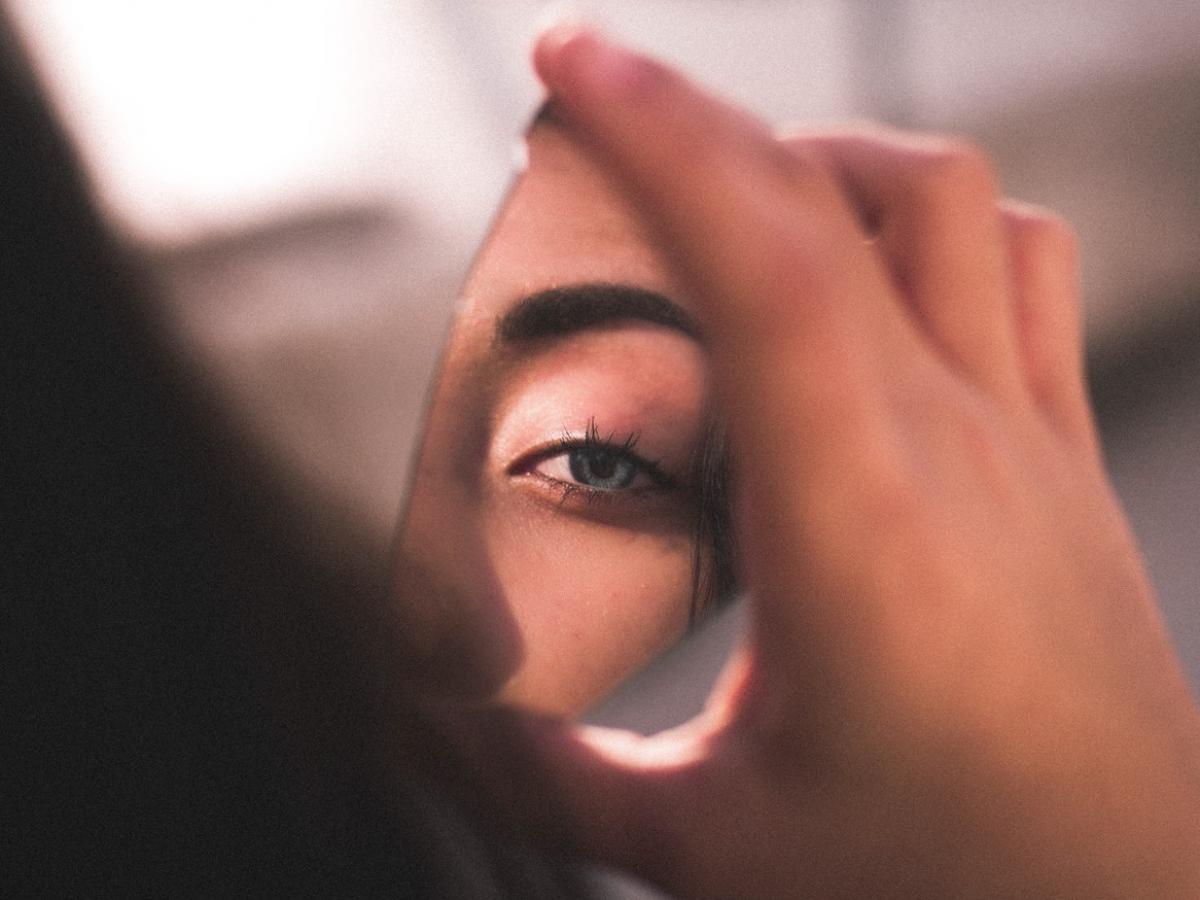Fitting the stereotype

Recently, I wrote about not feeling physically 'ill enough to rest' and it led me to think about times I've thought I'm not mentally 'ill enough for help'.
It's human instinct to subconsciously group what we think looks similar into categories. I find I unintentionally do this with media representations of individuals with mental health disorders. Different mental health problems have their own set of symptoms and experiences that are typically unique to them, and people will often associate certain 'defining' symptoms with certain struggles.
Occasionally, I'll go through a depressive episode that seems just impossible to get out of. These are times when I might need a little extra help from someone to get me back on my feet, whether that be the campus counsellor or maybe someone professional. But more often than not, I don't believe I act like a depressed enough person to get that help because I'll often still behave as though I'm having an objectively good day. I'll clean my room, go to the gym, finish assignments, eat healthily, all while feeling horribly, horribly low.
On the other hand, it's usually images of not being able to get out of bed, not eating well, or having no motivation to accomplish anything amongst other things that are associated with the idea of depression. Because of this, 90% of the time I'll tell myself, "I'm not depressed enough to get help." Because I don't think I look depressed, my experiences of depression are not valid enough to receive any kind of assistance.
I've attached this feeling of not fitting a mold to a number of different personal experiences-- anxiety, eating disorders, even what people typically look like in the field of work I'm interested in. I constantly look for a predetermined frame of reference for what I should look like to gauge the validity of my feelings and experiences. But this is 100% futile for everyone's experience is internally unique, even though there might be the occasional external similarity.
This is where I urge you to seek further help if you have even an inkling of a thought that you might be struggling more than usual. Professionals can help us to organize and analyze our feelings with us; a far better alternative than looking at others or media for a self-diagnosis. Just because you don't look like what the media says a typical mental health struggle looks like, it doesn't mean your feelings are any less real.
